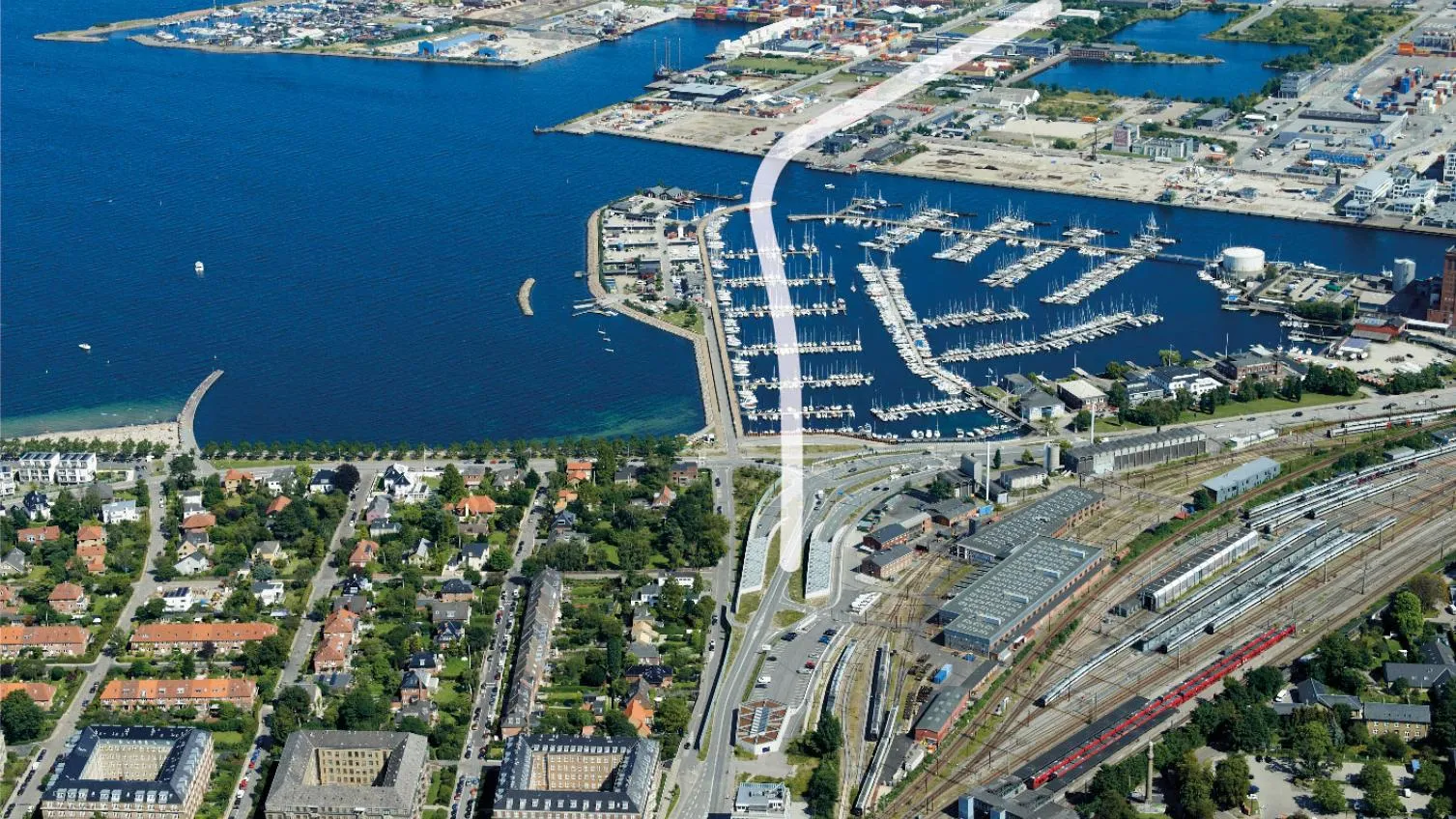
Afry has secured a €9.4 million order for the installation of a Scada system in connection with the construction of the Nordhavn Tunnel in Denmark.
Scada - supervisory control and data acquisition - is a control system which will collect, analyse and visualise data to provide tunnel operators with information about incidents, technical errors and when to implement safety precautions.
Nordhavn Tunnel is one of the largest infrastructure projects in the Danish capital Copenhagen in decades. The project entails the construction of a 1.4km tunnel across Svanemølle Bay and the construction of a replacement harbour.
Scada architecture comprises computers, networked data communications and graphical user interfaces for high-level supervision of machines and processes. It also covers sensors and other devices, such as programmable logic controllers.
Apart from the Scada system, Afry also provides ITS and internal television for the project that is designed to to reduce the number of heavy goods vehicles in the inner city of Copenhagen.
Expected to be ready for traffic in 2027, the new tunnel will connect the two city areas of Østerbro and Nordhavn, and connect with the existing 600m-long Nordhavnsvej Tunnel that has its own Scada system.
Afry, a Danish engineering design and IT solutions company, has worked with the client Danish Road Directorate on various assignments since the 1990s.
The directorate chose to separate the control system from the actual construction project and find an expert in control systems for tunnels.
”It is important that we learn from the lessons made by Copenhagen Municipality when they constructed Nordhavnsvej Tunnel,” said Silas Nørager, project manager at the Danish Road Directorate and responsible for the control system in Nordhavn Tunnel.
“Our focus is to have a fully-integrated system that works from day one between the two road stretches. It’s a technically challenging task and then there is the added difficulty that it has to connect with the existing Scada system in Nordhavnsvej Tunnel,” said Nørager.










